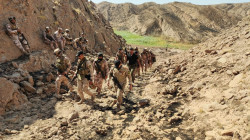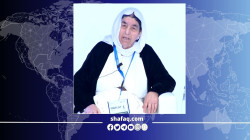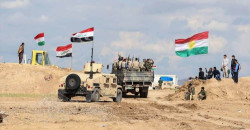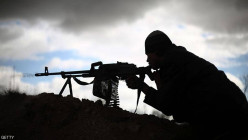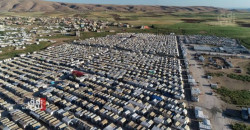Addressing the legacy of ISIS: progress and challenges in Iraq's recovery and stabilization efforts
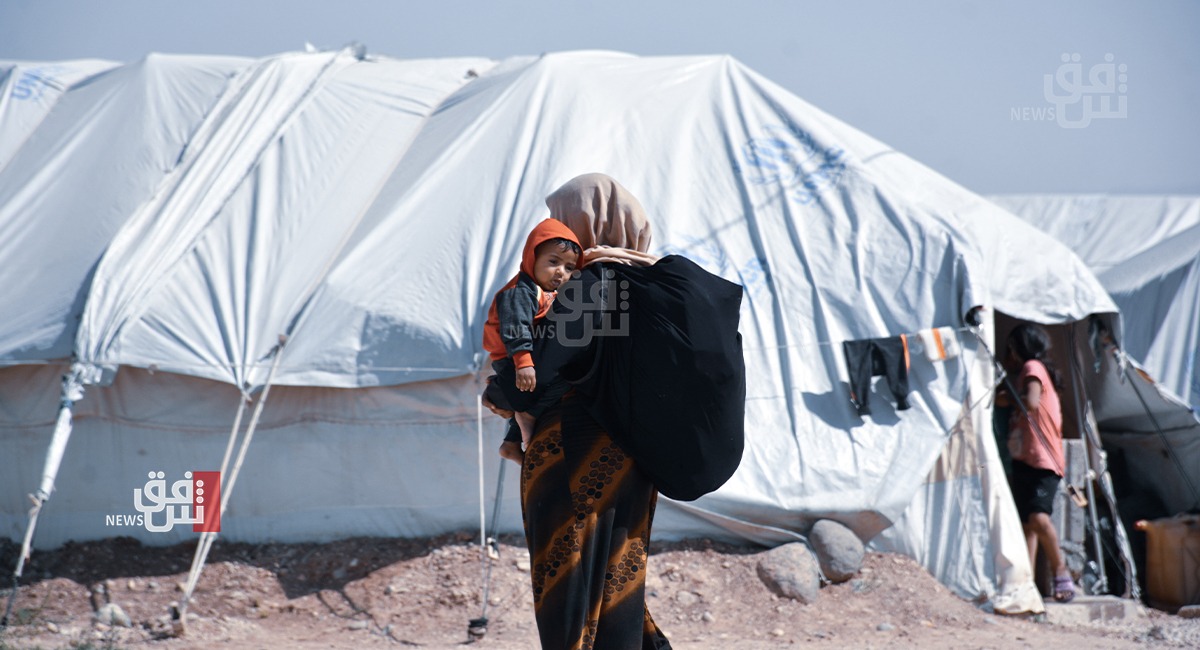
Shafaq News/ This year marks a decade since ISIS captured significant portions of Iraqi and Syrian territory, executing genocides against the Yazidis and other communities. Iraq, backed by the US-led Global Coalition to Defeat ISIS, declared military victory over the terrorist group in December 2017. Since then, Iraq has made notable strides in reducing the threat posed by ISIS and stabilizing the affected regions.
The United States Institute for Peace (USIP) delved into Iraq's ongoing challenges and progress in repatriation, rehabilitation, and reintegration of displaced populations, particularly focusing on the humanitarian and security issues faced by Iraqis in Syria's al-Hol camp and those still internally displaced.
Progress in Repatriation and Rehabilitation
According to the Institute, the Iraqi government, with international community support, began returning Iraqis from al-Hol in 2021. The Ministry of Migration and Displacement (MoMD), the National Security Advisory (NSA), and the National Security Service (NSS) have been pivotal in this process. Official figures indicate that over 2,400 families (more than 9,500 individuals) have been relocated to the Jadaa Rehabilitation Center, with approximately 18,200 Iraqis remaining in al-Hol. The Jadaa center, located south of Mosul, aids returnees in preparing for reintegration into their communities. Over 1,600 families (more than 6,000 persons) have already returned to their areas of origin from Jadaa.
Challenges in Reintegration
Despite the progress, USIP mentioned significant challenges remain in the reintegration process. According to the Institute, stigmatization, security concerns, and community acceptance are the primary hurdles. These issues are especially pronounced in Al-Anbar Governorate, where most Iraqis in al-Hol originate.
USIP's research indicated that stigma related to perceived ISIS affiliation acts as a major barrier. Community and governmental institutions often view individuals with real or perceived ISIS ties as threats or supporters of the group, making reintegration difficult.
Stigmatization and Disavowal
The Institute's findings showed that stigma manifests in various ways, including verbal harassment, rejection by relatives, security monitoring, and lack of economic opportunities. In Al-Anbar, 42% of respondents reported experiencing everyday verbal harassment and rejection by relatives, while 40% faced security monitoring and economic challenges due to perceived ISIS affiliation.
To mitigate these issues, some communities and displaced persons have turned to tribal traditions. Disavowal (tabriya or bara'a) has been employed as a means for individuals to renounce ISIS and its ideology publicly. However, this practice has evolved to include the repudiation of family members, which can lead to significant legal implications and potential exploitation by ISIS or other groups.
According to the Institute, formal disavowal is seen as a condition for return and reintegration, providing some comfort to survivor families and affirming their rejection of extremism.
Security Concerns
Security remains a critical concern linked to the return and reintegration process. The Institute's data reveals that 77% of Al-Anbar residents fear instability if families with perceived ISIS affiliations return. This instability could result from social conflicts, the rise of extremism, or acts of revenge against returnees. At least 50% of Al-Anbar residents in ten districts believe the reintegration process poses security concerns, with many advocating for the resettlement of returnees in different locations to avoid potential conflicts.
Community Acceptance and Reconciliation
Gaining community acceptance for returnees is a key challenge. According to the Institute, awareness-raising efforts are essential to reduce stigma and promote reconciliation. USIP's dialogue processes have shown positive trends, with many Al-Anbar residents willing to accept returnees under certain conditions. These include survivor families' acceptance and adherence to community or tribal processes.
Reconciliation processes involving survivor families and returnees are crucial. The Institute's research indicated that 51% of Al-Anbar respondents believe reconciliation is necessary for lasting stability. However, many doubt its success in the current environment due to a lack of willingness from various stakeholders.
Recommendations and Future Steps
Addressing the challenges of stigmatization, security, and community acceptance requires a multi-faceted approach. The Institute emphasized the need for inclusive dialogue, government and community collaboration, and awareness-raising activities. Programs like the Western Al-Anbar Accord have shown that transforming opposition into active partnership is possible through dialogue and engagement.
The Institute also recommended amending monitoring and surveillance practices to be less intrusive and more conflict-sensitive. Community policing and responsible media coverage can help reduce anxiety and promote understanding among communities.
According to the Institute, while significant progress has been made in Iraq's recovery and stabilization efforts, ongoing challenges related to stigmatization, security, and community acceptance must be addressed. A comprehensive approach involving government, community leaders, and international support is essential to ensure the successful reintegration of displaced populations and the continued stability of the region. Neglecting these issues could undermine the progress made and make vulnerable populations susceptible to exploitation by extremist groups.

